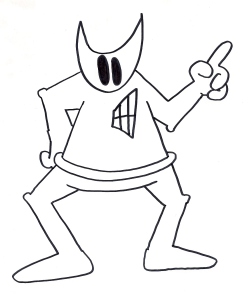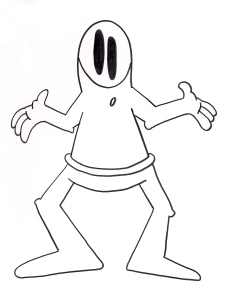 We’re allowed to like great scores to mediocre movies, right?
We’re allowed to like great scores to mediocre movies, right?
I’m thinking about this as I ruminate on The Red Pony, Lewis Milestone’s 1949 film of John Steinbeck’s sad tale concerning a boy and his steed. The music, by Aaron Copland, is one of the American composer’s greatest compositions, yet it accompanies a picture that’s unfortunately just so-so.
I wish it were better.
Usually, it seems that the quality of a score reflects that of its film, but in The Red Pony‘s case, it doesn’t hold true. Frankly, I have no desire to see the film again … yet I often find myself humming the glorious, playful melodies and mulling the vibrant orchestration. Am I allowed to do this? I ask myself, half-serious. Am I able to like only one component of a full movie?
I have to answer yes, though I’m hesitant to do so. The cinema runs alongside music, and they’re often inextricable. Great directors generally know how to apply great scores by composers to celluloid, and many great composers have written for the screen. So what happened with The Red Pony? With a cast including Robert Mitchum and Myrna Loy, as well as Steinbeck’s writing chops, plus Copland’s lovely tunes, it should be a masterpiece.
It’s plodding, however, and the music is basically what saves it. Maybe this is one of the exceptions in the world of film: a picture that isn’t very good when all of the parts are added, despite one component being transcendent. At any rate, I’m glad we have this anomaly. I just hope I don’t encounter too many more.
